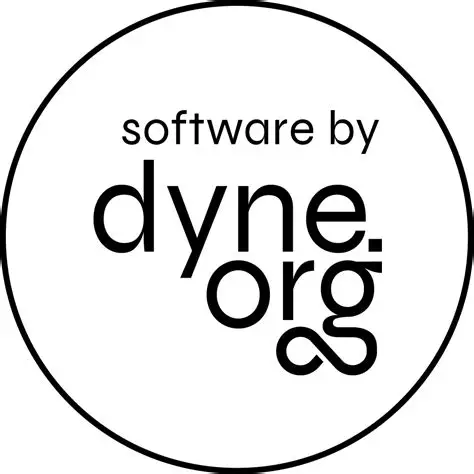The missing slangroom executor
slangroom-exec is a simple utility that reads from STDIN the following content
- conf
- slangroom-contract
- data
- keys
- extra
- context
separated each per new-line and encoded in base64 (it seems difficult, but slexfe helper tool is here for that) and outputs the slangroom execution to stoud.
Slangroom-exec is in mise and can be installed from it or directly from github releases:
# download the executable from mise
mise use "aqua:dyne/slangroom-exec"
# or from github releases
wget https://github.com/dyne/slangroom-exec/releases/latest/download/slangroom-exec-$(uname)-$(uname -m) -O ~/.local/bin/slangroom-exec && chmod +x ~/.local/bin/slangroom-exec
# execute a simple slangroom contract
wget -qO - https://raw.githubusercontent.com/dyne/slangroom-exec/main/test/fixtures/welcome.slex | slangroom-execTo be able to build slangroom-exec you need the following dependencies to be available in your PATH:
- node@22
- bun@1.1.40
You can install them by hand or use mise and run mise install in the root of the repository.
You can build the executable following the steps:
# clone the repository and enter in it
git clone https://github.com/dyne/slangroom-exec
cd slangroom-exec
# if you decided to use mise now run: mise install
# build the executable
make slangroom-execThe SLangroom-EXec Format Encode (aka slexfe) script is used to encode the human readable
input of slangroom-exec, i.e.
- the slangroom configuration
- the slangroom contract
- the slangroom keys/data/extra/context
into the base64 multiline encoded machine-readable version of it and the result is printed to stdout.
Slexfe can be installed directly from github releases:
wget https://github.com/dyne/slangroom-exec/releases/latest/download/slexfe -O ~/.local/bin/slexfe && chmod +x ~/.local/bin/slexfeAs said before slexfe can take in input up to 6 files and they should be iondicated with the
right flag:
-c for conf
-s for slangroom-contract
-d for data
-k for keys
-e for extra
-x for context
If all the files have the same name and they follow the slangroom name contention, that is:
- conf:
${name}.conf - slangroom-contract:
${name}.slang - data:
${name}.data.json - keys:
${name}.keys.json - extra:
${name}.extra.json - context:
${name}.context
you can use the -F flag. So for example
slexfe -c hello.conf -s hello.slang -d hello.data.json -k hello.keys.json -e hello.extra.json -x hello.contextwill be equal to
slexfe -F helloPay attention, this works also when not all the files are definted.
A last feature to help in the easier cases, when something is passed in /dev/stdin
to slexfe, e.g.:
cat hello.slang | slexfe
it is interpreted as the slangroom contract. This also overwrites the
--slangroom-contract option flag if passed as a duplicate.
Availabe bugs are reported via GitHub issues.
Copyright © 2024-2025 by Dyne.org foundation, Amsterdam.
- 🔀 FORK IT
- Create your feature branch
git checkout -b feature/branch - Commit your changes
git commit -am 'feat: New feature\ncloses #398' - Push to the branch
git push origin feature/branch - Create a new Pull Request
gh pr create -f - 🙏 Thank you
Slangroom-exec - The missing slangroom executor
Copyleft 🄯 2024-2025 Dyne.org foundation, Amsterdam
This program is free software: you can redistribute it and/or modify
it under the terms of the GNU Affero General Public License as
published by the Free Software Foundation, either version 3 of the
License, or (at your option) any later version.
This program is distributed in the hope that it will be useful,
but WITHOUT ANY WARRANTY; without even the implied warranty of
MERCHANTABILITY or FITNESS FOR A PARTICULAR PURPOSE. See the
GNU Affero General Public License for more details.
You should have received a copy of the GNU Affero General Public License
along with this program. If not, see <http://www.gnu.org/licenses/>.

